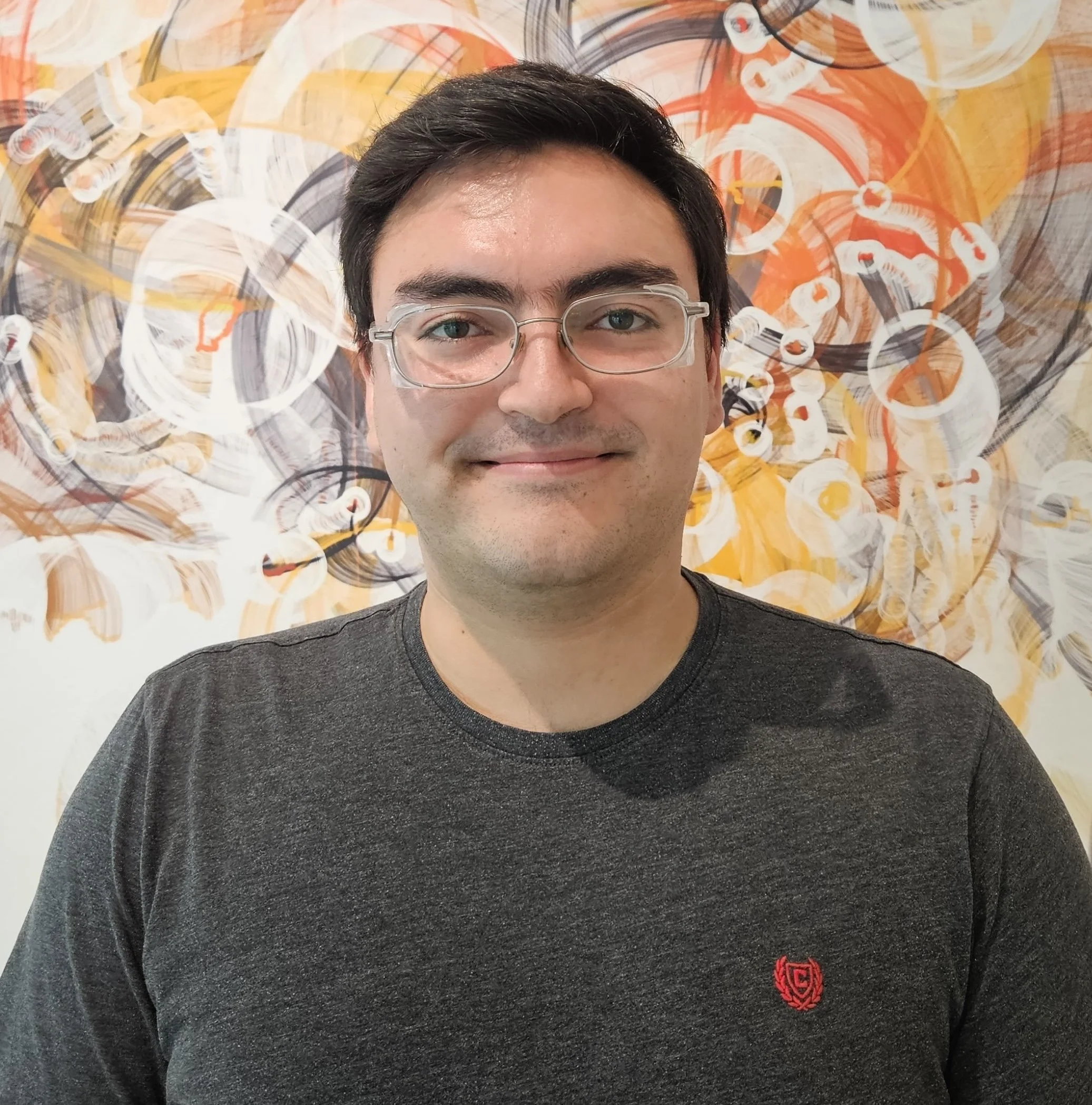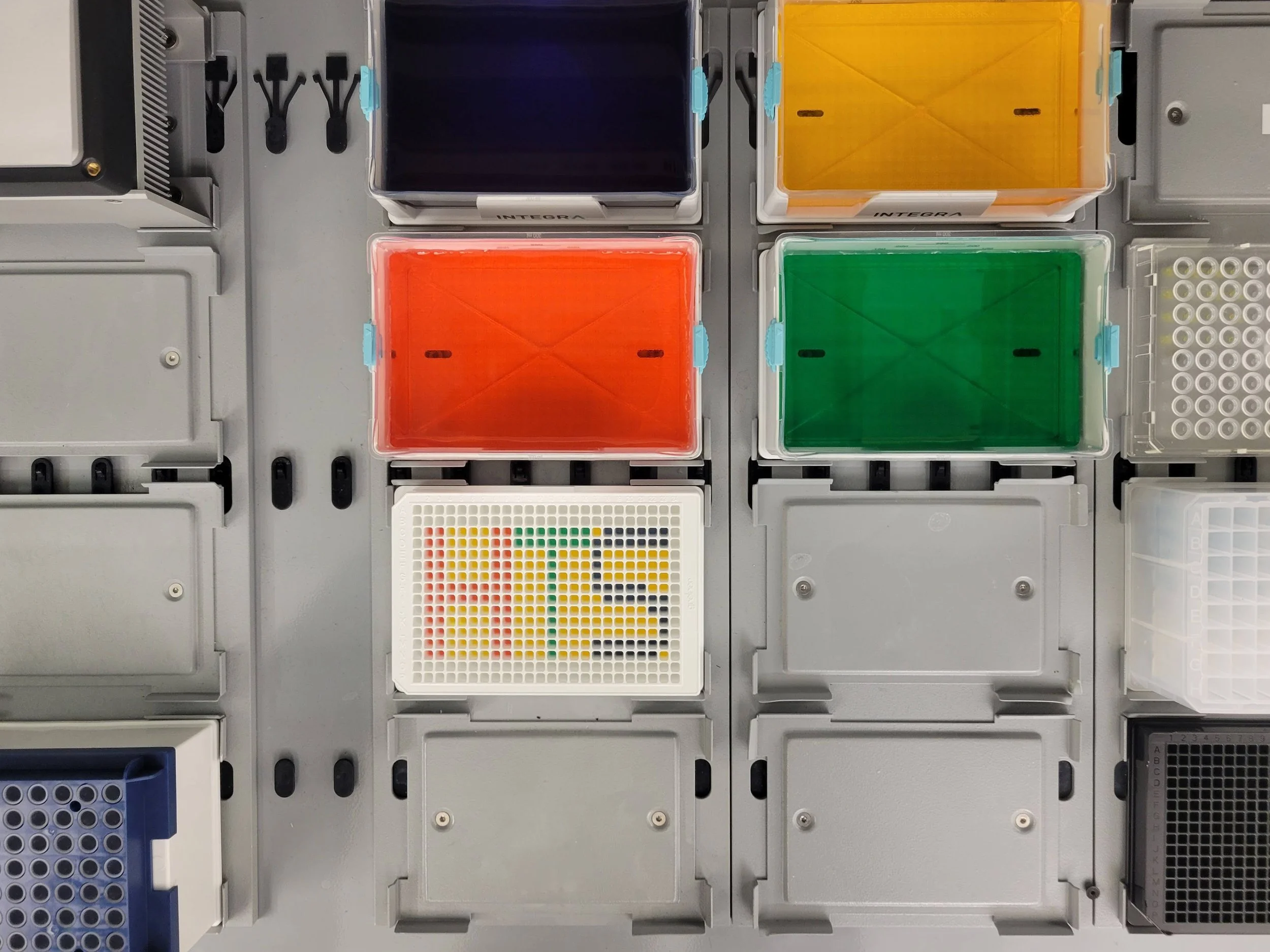Angela N. Koehler, PhD
Professor, Department of Biological Engineering, MIT
Associate Director, David H. Koch Institute for Integrative Cancer Research at MIT
Faculty Director, MIT Health and Life Sciences Collaborative (MIT HEALS) Institute Member, Broad Institute of Harvard and MIT Member, MIT Center for Precision Cancer Medicine
koehler@mit.edu
Angela Koehler is a Professor in the Department of Biological Engineering at MIT and Associate Director of the Koch Institute for Integrative Cancer Research at MIT. She is also an Institute Member of the Broad Institute and a Founding Member of the MIT Center for Precision Cancer Medicine. She is the Faculty Director of the MIT Health and Life Sciences Collaborative (MIT HEALS), which is aimed at advancing cross-cutting, collaborative research for transformative impact on human health and life. HEALS spurs collaborations and training at the evolving convergence of engineering, science, AI/computing, economics, business, policy, design and the built environment, and humanities. Her research group aims to discover and develop functional small-molecule probes of targets emerging from patient-based genomics, including targets deemed recalcitrant to small molecule drug discovery efforts, such as transcription factors, RNA-binding proteins or cytokines. Selected probes may be developed into imaging agents, diagnostic tools, or therapeutic leads.
Angela received her B.A. in Biochemistry and Molecular Biology from Reed College in 1997. There she worked under the guidance of Professor Arthur Glasfeld on structural and biochemical studies of proteins that recognize tRNA or DNA. In 2003, she received her Ph.D. in Chemistry from Harvard University where she worked with Professor Stuart Schreiber to develop novel technologies for identifying and characterizing interactions between proteins and small molecules. Upon graduation, she became an Institute Fellow in the Chemical Biology Program at the Broad Institute and a Group Leader for the NCI Initiative for Chemical Genetics.
At MIT, Angela teaches undergraduate courses in biological engineering experimentation and design. She also teaches the Science and Business of Biotechnology, the only jointly taught course between the Schools of Engineering, Science, and the Sloan School of Management at MIT. Angela has also served on the Chemists in Cancer Research Executive Advisory Board for AACR and is on the Board for The Engine Accelerator. Awards include being named a Genome Technology Young Investigator and a Broad Institute Merkin Fellow as well as the Novartis Lectureship in Chemistry, the Ono Pharma Breakthrough Science Award, the AACR-Bayer Innovation and Discovery Award and the MIT Junior Bose Award for Excellence in Teaching. Angela serves as a consultant or scientific advisory board member to several pharmaceutical or biotechnology companies and has founded several biotechnology companies, including Ligon Discovery, Kronos Bio, 76Bio (acquired by Axelyf), and Samori Bio.
Shinsuke Yasuda
Visiting Scientist
email to syasuda@mit.edu
EDUCATION
PhD, Bioscience, Nara Institute of Science and Technology, 2016
BS, Agriculture, Kagawa University, 2009
RESEARCH INTERESTS
I am a visiting scientist from TAKII & CO, LTD, a vegetable and flower breeding company. I am interested in the discovery of small molecules useful for plant breeding using Koehler lab's small molecule microarray technology. I feel that this collaboration between cancer research and plant breeding research is extremely meaningful
Yichen Xiang
Graduate Student, Biological Engineering
email to ycx@mit.edu
EDUCATION
BS, Biomedical Engineering, The University of California, San Diego, 2022
RESEARCH INTERESTS
I am interested in the area of high throughput screening techniques for drug discovery, as well as in exploring strategies to target oncoproteins that are typically challenging to drug. Currently, I am working on targeting the oncogenic fusion protein PAX3::FOXO1 in pediatric cancer alveolar rhabdomyosarcoma using protein degraders and the SMM screens developed in the Koehler Lab.
Shenghao (Jack) Guo
Graduate Student, Biological Engineering
email to sguo0202@mit.edu
EDUCATION
BA, Biomedical Engineering, Johns Hopkins University 2022 MSe, Biomedical Engineering, Johns Hopkins University 2022
RESEARCH INTERESTS
I'm interested in exploring the use of small molecules as probes and cures toward diverse protein targets and combining multi-omics to build profiles for changes in cells in response to the small molecules. I'm currently assisting in targeting TOX protein degradation. I'm also working on E3 ligases' molecular glue/probe that govern c-MYC degradation for cancer treatment.
Becky Leifer, MS
Research Associate
email to beleifer@mit.edu
connect on linkedin
EDUCATION
MS, Biotechnology, Northeastern University, 2014
MS, Organic Chemistry, Northeastern University, 2005
BA, Chemistry, Vassar College, NY, 1998
RESEARCH INTERESTS
With funding from ACCRF, MIT’s CPCM, and the Starr Cancer Consortium, my work primarily involves chemical probe discovery for the transcription factor c-MYB, which is deregulated in cancer settings such as Acute Myeloid Leukemia (AML) and Adenoid Cystic Carcinoma (ACC), using the Koehler Lab's SMM technology to screen small-molecule libraries against this and other challenging targets.
Raavi, PhD
Research Specialist
email to raavi@mit.edu
EDUCATION
PhD, Molecular Biology, Biochemistry and Cell Biology (MCBB), Boston University, 2024
MT and BT (dual degree), Biomedical Engineering, Indian Institute of Information Technology, Allahabad, 2017
RESEARCH INTERESTS
I am interested in discovering innovative therapeutic candidates emerging from chemical probes for recalcitrant targets. Currently, I am profiling the target tractability of soluble cytokines involved in immune-mediated disorders to enable inhibition. The comprehensive pipeline for discovery includes SMMs, biochemical and biophysical assays, as well as cell-based studies. Previously, I worked on elucidating SAR for IL-4 small molecule inhibition, an immunoregulatory cytokine involved in allergic inflammation, cancer and autoimmunity.
Nancy (Nan) Jiang
Graduate Student, Biological Engineering
email to jnjn@mit.edu
EDUCATION
BA, Mathematics & Neuroscience, Wellesley College 2024
RESEARCH INTERESTS
I am interested in employing high-throughput screening techniques and computational approaches for targeted cancer treatment and drug discovery. Currently, I am working on targeting TOX protein degradation and computationally modeling cytokine SMM screening results.
Jose Ignacio (Nacho) Vergara Panzone, PhD
Postdoctoral Associate
email to jvergara@mit.edu
EDUCATION
BS, Specialized Chemistry, University of Illinois at Urbana-Champaign, 2018 PhD, Organic Chemistry, Yale University, 2025
RESEARCH INTERESTS
I am interested in the development of transcription factor modulators with novel mechanisms of action.
Check out the Koch Institute High-Throughput Sciences Facility!
Automation for a variety of applications: https://htslab.org/









